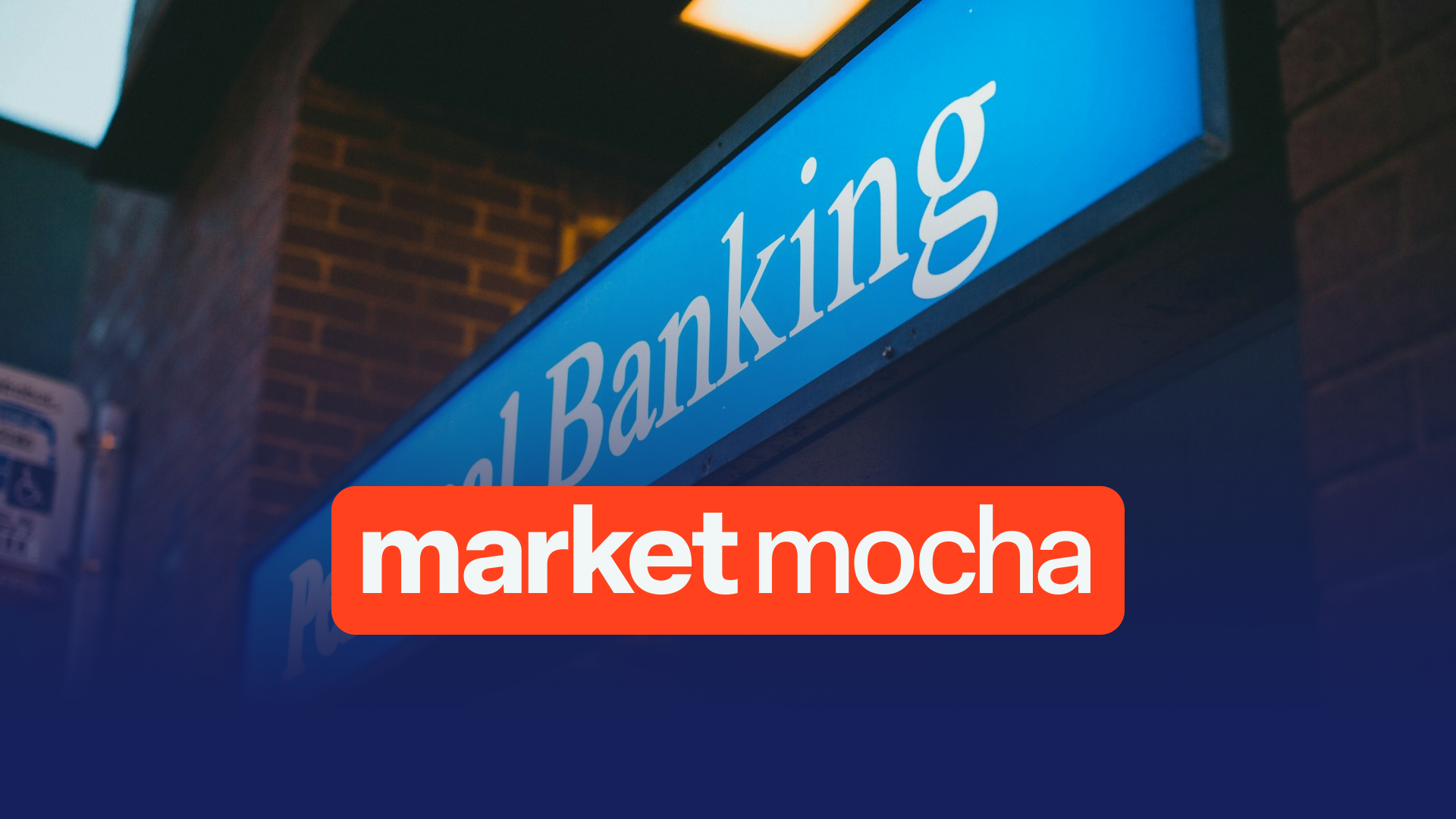European banking stocks have tumbled into a bear market, with the Stoxx 600 Banks index collapsing 8.4% on Monday—marking a fall of more than 20% from recent highs—as fears of a full-scale trade war and global recession roil investors.
The sharp decline marks the index’s third consecutive session of steep losses, and its worst performance since the early days of the COVID-19 pandemic. Mounting concerns over aggressive new tariffs announced by U.S. President Donald Trump have sparked a global equity sell-off and driven investors toward safe-haven assets.
Germany’s Commerzbank dropped as much as 9.8%, while Deutsche Bank shed 7.6%. French lenders were also battered: Société Générale fell 7.1%, Credit Agricole dropped 5.3%, and BNP Paribas lost 5.8%. In the UK, Barclays fell 9%, and HSBC slipped 5%. Italy’s UniCredit and Banco BPM also posted losses exceeding 6%, adding to the carnage across the European financial sector.
The slump in financials mirrors a broader market collapse, with the Euro Stoxx 50 and Germany’s DAX both suffering their worst single-day losses since March 2020. The Stoxx 600 index shed 5.7%, bringing its three-day loss to 13%.
Global rout intensifies as tariffs trigger recession fears
The banking sector is often seen as a bellwether for economic conditions, and the scale of the downturn underscores deep investor unease. Trump’s announcement of sweeping new tariffs—including a 34% duty on Chinese imports and a 20% levy on goods from the European Union—has reignited fears of a global trade war just as economic indicators begin to soften.
The tariff moves, described by JPMorgan CEO Jamie Dimon as a potential inflationary shock to the U.S. economy, have also drawn sharp warnings from European policymakers and central banks. Federal Reserve Chair Jerome Powell acknowledged last week that the economic fallout could be “significantly larger than expected,” and added that the Fed is in no rush to cut interest rates—further eroding investor confidence.
European policymakers have begun coordinating their response, with Spain’s Economy Minister Carlos Cuerpo stating, “We have the necessary tools to respond,” in what some interpret as a signal that retaliatory tariffs may soon follow.
Heavy losses in industrials, luxury and consumer sectors
Bank stocks were not the only European casualties on Monday. The industrials sector also took a beating: Rheinmetall plummeted 15.3%, while Safran, MTU Aero Engines, Thyssenkrupp, and Siemens Energy all fell between 8% and 10%. HeidelbergCement and Leonardo SpA suffered similarly heavy declines.
Luxury and consumer-focused stocks—typically sensitive to global demand shocks—also slumped. Kering lost 9.9%, Richemont fell 8.2%, and Burberry was down 7.8%. LVMH, Hermès, Moncler, Adidas, and Puma posted losses ranging from 6% to 12%.
Safe havens rally as confidence collapses
Amid the turmoil, traditional safe-haven assets rallied. The Swiss franc rose more than 1% against the dollar, and the euro gained 0.5%. German Bund yields dropped 7 basis points as investors sought safety in sovereign debt. Gold, after an initial spike, dipped 0.5% on profit-taking, while crude oil slid another 3.6%, extending its three-day drop to 17%.
Banks face double blow from macro and market risk
The banking sector is uniquely exposed in this environment. Alongside direct exposure to global trade, banks face a deteriorating macroeconomic backdrop, reduced loan demand, and the prospect of higher credit defaults. Meanwhile, sharply falling asset prices threaten their capital buffers and earnings from investment operations.
With the Stoxx 600 Banks index now firmly in bear market territory, analysts warn that more pain may lie ahead unless there is swift policy clarity. For now, European lenders appear caught between rising geopolitical risk, slowing economic momentum, and a crisis of investor confidence.
As BBVA wrote in a note to clients on Monday, “The collapse of U.S. equities after President Donald Trump announced his new tariffs will be remembered in the history books.” For Europe’s banks, the reckoning may have only just begun.





